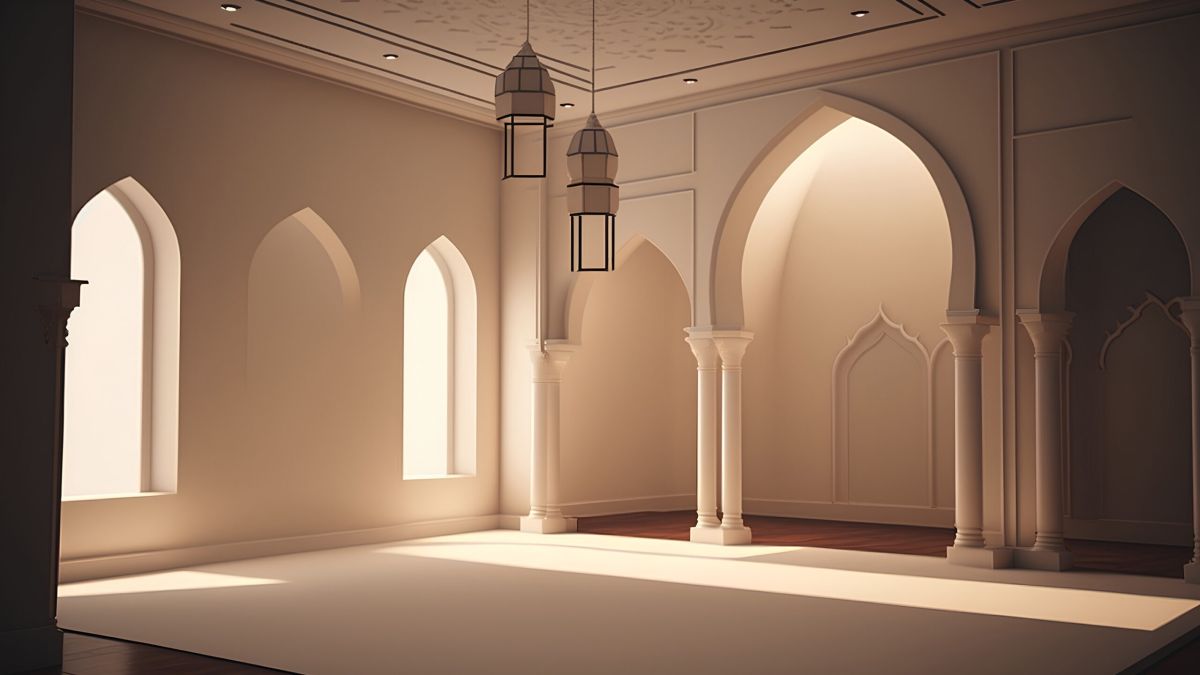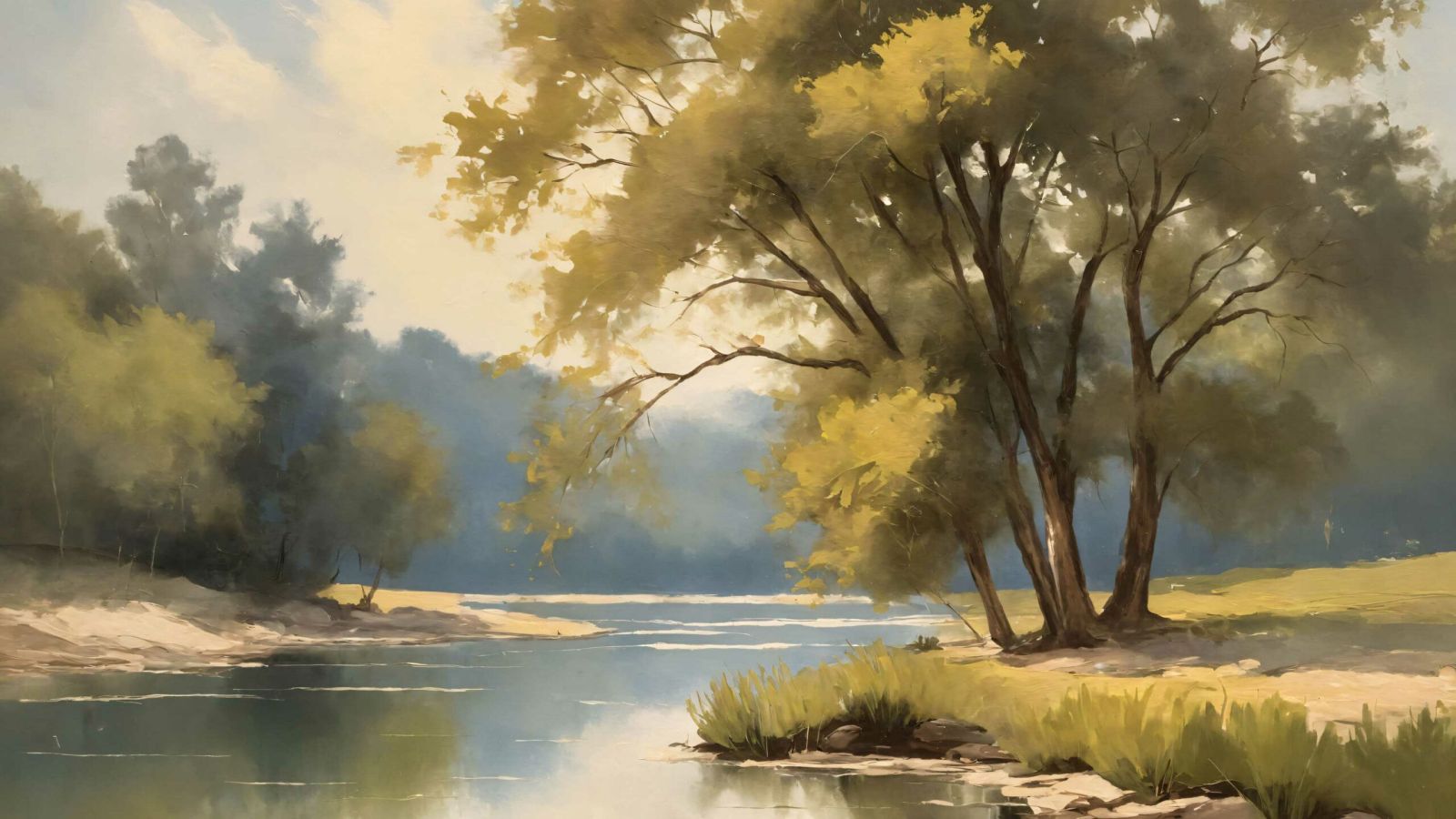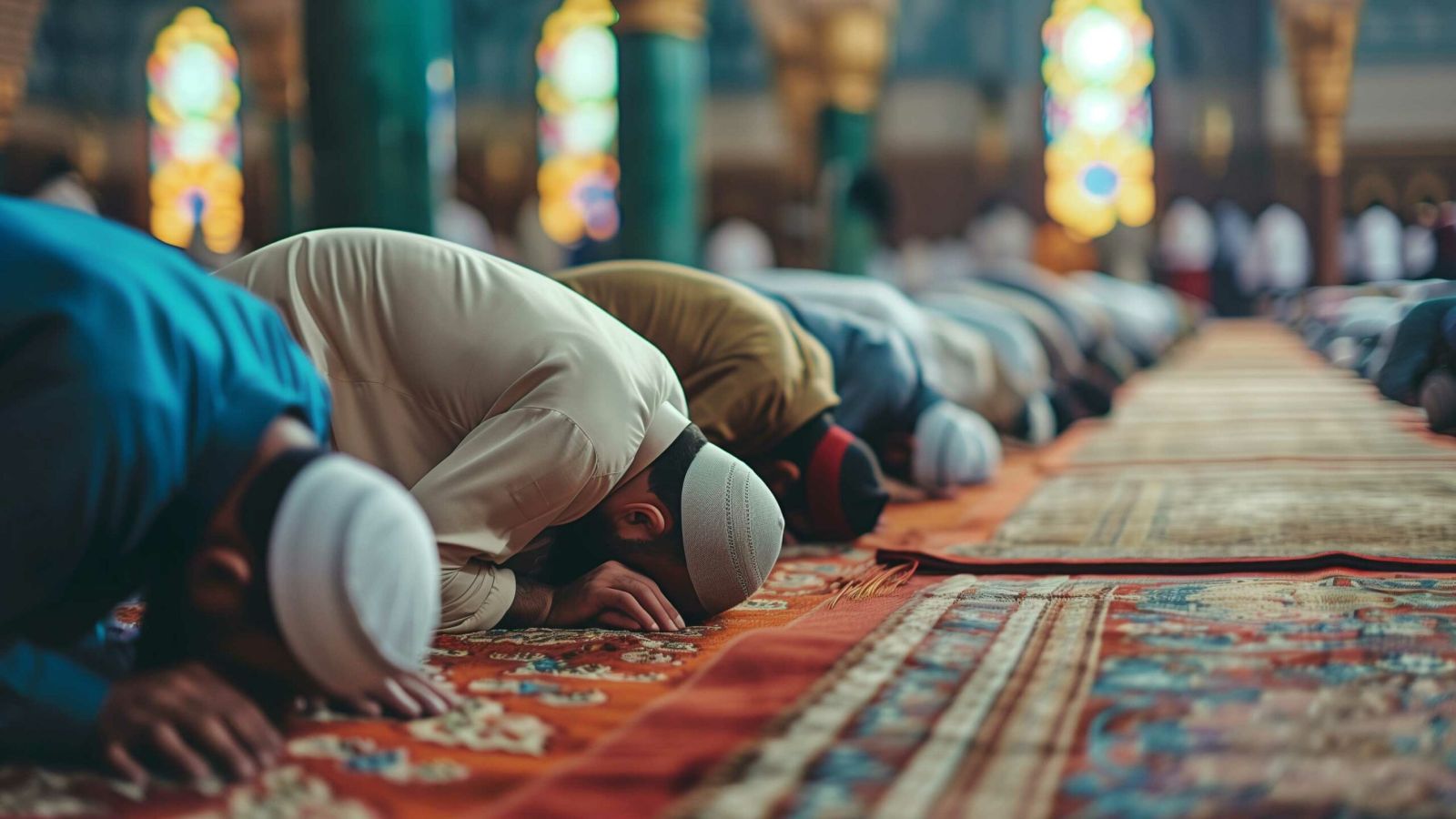The Blessing and Precedent of Converting Churches into Mosques
Shaykh Muḥammad Ādam al-Atyūbī


Chapter: Taking Churches as Mosques
Hannād b. al-Sarīy informed us, from Mulāzim who said, ʿAbdullah b. Badr narrated to us, from Qays b. Ṭalq, from his father Ṭalq b. ʿAlī (رضي الله عنه) who said:
“We went out as a delegation to the Prophet (صلى الله عليه وسلم). We gave him our pledge of allegiance and prayed with him. We informed him there was a church that belonged to us back in our land. We requested him to give us the leftovers of his purification (i.e. wuḍūʾwater). So he called for water, performed wuḍūʾ and rinsed out his mouth, then he poured it into a vessel and commanded us:
‘Set forth, and when you return to your land, demolish your church, and sprinkle this water on its place, and take it as a masjid.’
We said: ‘Our land is far away and it is very hot. The water will dry up.’
He said: ‘Add more water to it, for it will only make it better.’
So we departed until we arrived in our land. We then demolished the church, then we sprinkled the water in its place and took it as a masjid. We then called the adhān in it.
He (Ṭalq) said: The monk1 was a man from (the tribe of) ṭayyi, and when he heard the adhān, he said: ‘a true call’. He then headed towards a hill from amongst our hills and we never saw him again.”2
Shaykh Muḥammad Ādam al-Atyūbī (رحمه الله) said:
From (the benefits of) this ḥadīth are:
- The chapter heading of the author, that it is desirable to make churches into mosques, converting the symbols of shirk.
- Seeking blessings from the remnants/relics of the Prophet (صلى الله عليه وسلم).
- Mixing blessed water like Zamzam water with other water does not remove its (distinguishing) feature, as the blessings of Zamzam affects it [i.e the added water]. Therefore, what some of the ḥujjāj do, when they return to their countries, of adding regular water to the Zamzam water in order to increase it so they may distribute it to their relatives and friends, is a commendable affair.
Endnotes:
[1] A monk who secluded himself in that church for worship. It is presumed that he believed and went into the hills to seclude himself for worship, and it is also presumed that he remained upon his belief and only said what he said after hearing the adhān due to what Allāh has mentioned regarding them, “Those to whom We gave the Scripture know him [i.e., Prophet Muḥammad (صلى الله عليه وسلم)] as they know their own sons. But indeed, a party of them conceal the truth while they know [it]. This is more probable as Shaykh Muḥammad Ādam al-ʾAtyūbī mentions, due to his fleeing towards the hills and Allāh knows best.
[2] Sunan al-Nasāʾī, ḥadīth #701. Its chain is sound and its narrators are trustworthy. Graded authentic by al-Albānī and Muḥammad Ādam al-Atyūbī.
Source: Sharḥ Sunan al-Nasāʾī by Shaykh Muḥammad Ādam al-Atyūbī, 8/302.
Translated by: Munīb al-Ṣumālī

















